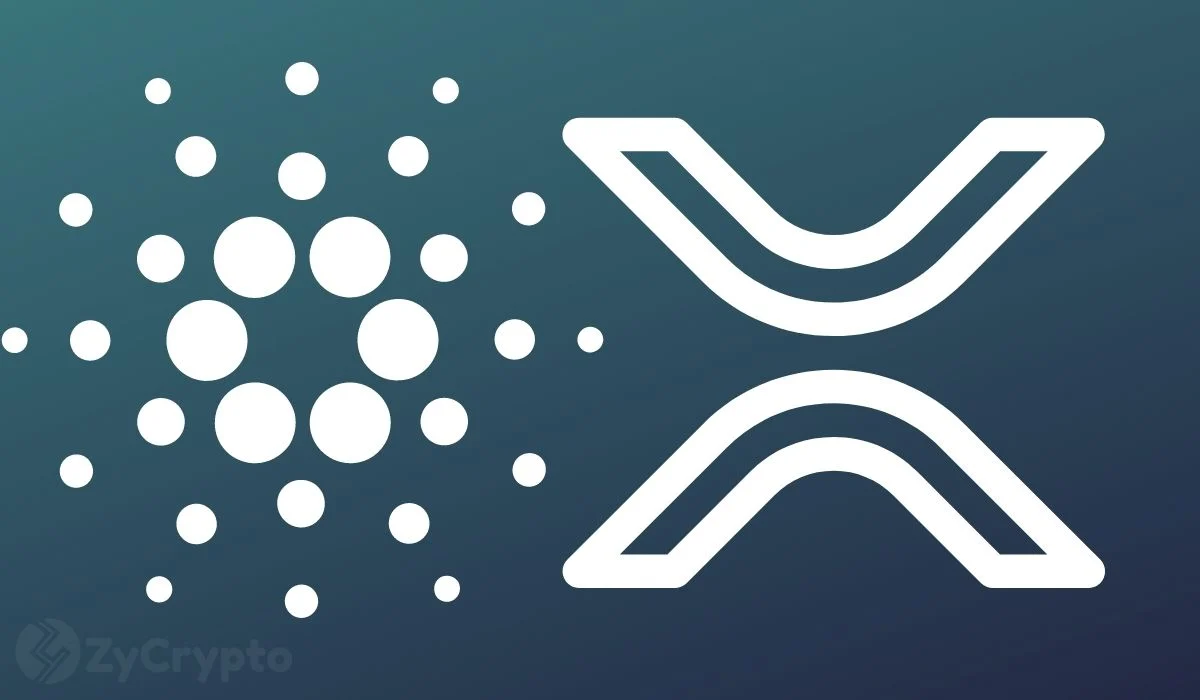ARTICLE AD BOX

- Brazil proposes a ban on stablecoin transfers to self-custodial wallets to tighten financial market oversight.
- The regulation could push users towards decentralized platforms and peer-to-peer trading for stablecoin transactions.
Brazil’s proposed prohibition on stablecoin transfers to self-custodial wallets has sparked discussions about financial governance and decentralization. Aiming to limit their flow to wallets like MetaMask, the Central Bank of Brazil (BCB) has developed a legislative framework aiming at stablecoins denominated in foreign currency.
This action is considered as a part of the government’s larger endeavor to improve control of foreign exchange markets and reduce the capital outflow.
BCB is strengthening its regulatory hold on the booming digital asset industry by extending its reach to include bitcoin payments, custody, and transactions involving foreign-denominated assets.
BRAZIL’S SELF-CUSTODIAL STABLECOIN BAN COULD SPARK MORE DECENTRALIZATION
So Brazil’s trying to block stablecoin transfers to self-custodial wallets like MetaMask, huh?
Yeah, no. This will just push crypto even deeper into decentralized spaces.
With people already using USDT to… pic.twitter.com/h82ajvrTyV
— Mario Nawfal’s Roundtable (@RoundtableSpace) December 26, 2024
Brazil: Stablecoins as a Haven Amid Economic Challenges
This proposal’s timing is crucial; it coincides with a notable decline of the Brazilian real against the U.S. dollar. Stablecoins have turned into a financial haven for Brazilians within this economic crisis since they provide consistency against local currency fluctuation.
With almost 60% of its crypto market controlled by stablecoins, recent research emphasizes Brazil as one of the biggest venues for these transactions.
BCB intends to impose significant reporting from virtual asset service providers in order to implement these rules. These criteria cover transaction disclosures and thorough client validation procedures.
Proponents contend this improves market transparency and fits with international regulatory trends, while detractors worry it may unintentionally drive users toward peer-to-peer trading and decentralized platforms.
Brazil may thus see an increase in the acceptance of decentralized finance (DeFi) solutions, so challenging regulatory enforcement even more.
The suggested prohibition reflects a readiness to include several points of view before actual adoption by means of public engagement.
Enforcing limitations on self-custodial wallets—which enable users to have direct control over their funds without middlemen—poses major difficulties, though. Such wallets are difficult to monitor properly since they naturally run outside centralized supervision.
Previously, as CNF reported, Brazil indicated its changing stance on digital assets by suggesting legislation to create a strategic Bitcoin reserve. Under Central Bank supervision via safe cold wallets and biannual updates, the $3 billion project seeks to diversify national reserves.
.png)
 17 hours ago
1
17 hours ago
1








 English (US)
English (US)